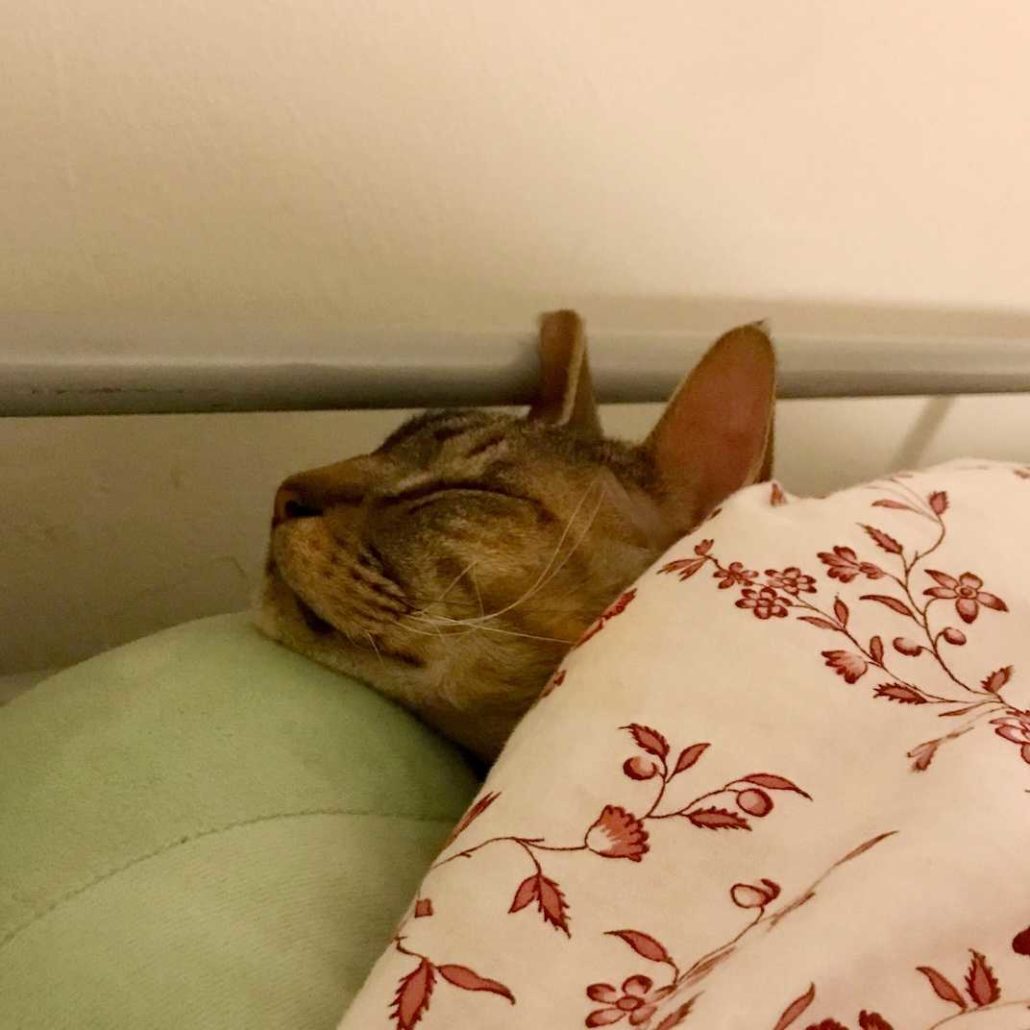Convenia For Cats Dental

Convenia should only be used in situations where cats require a full fourteen day course of antibiotics and in particular Convenia is useful in situations where it is difficult or impossible to give a cat normal oral antibiotics such as tablets.
Convenia for cats dental. Its a broad-spectrum antibiotic in the simplest terms that means it kills a lot of different kinds of bacteria so it can be used in a wide variety of infected organ systems and clinical and hospital situations. Some of them will be seriously ill. The half-life of CONVENIA is 69 days in cats and 55 days in dogs.
Also she says its not the best for dental bacteria. If your cat had a post-op Fentanyl patch that is the more likely explanation for the weird behavior. Convenia is manufactured by Zoetis formerly Pfizer Animal Health.
54 on Convenia and 28 on cephalexin. Convenia is a fast-acting safe and effective treatment for common bacterial skin infections in dogs and cats. It okay for dogs but not cats.
The idea of a one-time injection instead of giving regular anitibiotics in pill or liquid form once or twice a day for two weeks. SecondlyI dont understand why vets want to use Convenia for dental anyway. The bacteria were cleared in around 34 of the cats and the two drugs compared well.
Convenia is a veterinarian-prescribed antibiotic medication indicated to treat certain types of bacterial infections in cats and dogs. Ive since learned Convenia is not indicated for tooth infections and does have a very high mortality rate in cats. She says it stays in the body for two months so if there is a bad reaction which have been reported you are in trouble.
Convenia is given typically as a single injection which can last up to 2-3 weeks in pets. She recommends clavamox says there is s liquid form. Convenia an injection used for a range of skin infections for both dogs and cats older than four months is commonly prescribed for abscesses wounds often caused by susceptible strains of Staphylococcus intermedius and Streptococcus canis in dogs or susceptible strains of Pasteurella multocida in cats all conditions which can cause excessive.



















